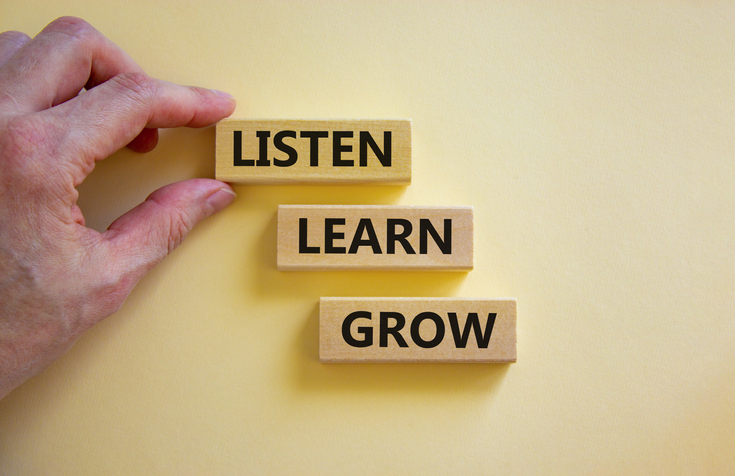“Accounting is all about how hard one works at it, and it is a skill more than it is something that someone is born with.” Anne Gannon
In today’s episode, I welcome Anne Gannon. Anne is a certified public accountant who specializes in providing a monthly accounting and tax service that works for the business owner, not just the accountant. What makes Anne unique is that she is anything but your stereotypical accountant. After all, she spent her earlier years chasing the dream of professional golf. The time spent traveling the country playing golf had an impact on Anne, but she quickly realized that all the entrepreneurs and members of the hospitality industry she had met along the way were being underserved by their accountants. In 2016, she founded the Largo group, a firm specializing in over-delivering for entrepreneurs and business owners.
There are a lot of similarities between sports and being an entrepreneur or business owner. You have to keep looking forward, not dwell on the past. The one good thing in business as an owner is that you can control your business and improve it daily. If you can see a path forward, then you can make it happen.
When the pandemic happened, things were not very clear for a large number of businesses. The business owners that made it through had to change their mindset because some models just didn’t work anymore. Businesses had to listen and pay attention to their customers. They had to be more data-driven and not so bottlenecked into thinking they know what their customers want but realize they had all this data where they could find out what their customers wanted and answer.
Everyone in accounting should try to teach accounting as it makes you look at it differently when trying to communicate to people who don’t understand it. When you have to teach accounting, you realize that not everybody speaks that same language. It’s taught well in school, but there are a lot of things that they leave, and also, it is taught by a lot of people who haven’t failed in the public accounting world.
Accounting is all about how hard one works at it, and it is a skill more than it is something that someone is born with. If you really work hard and train yourself, you can teach yourself accounting. A lot of times, when people don’t get it right away, they get discouraged.
Accounting is not an option. If you’re going to run a successful business, you have to understand the fundamentals. When training non-accountants, it’s good to start slowly and then get people to open up about how much they understand.
With technology, providing that extra level of customer service to clients is important. To improve your communication, start with your favorite clients so as to focus on what it is that these clients love about you.
Click to Download the Full Transcript PDF





